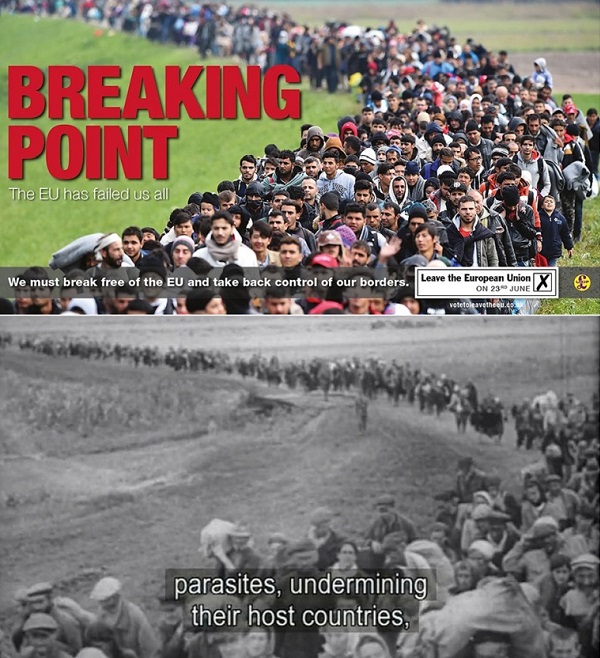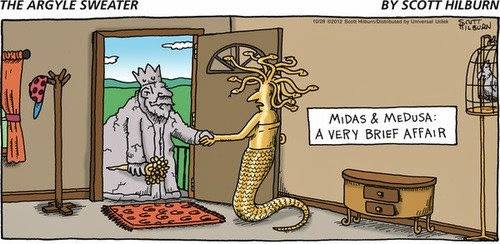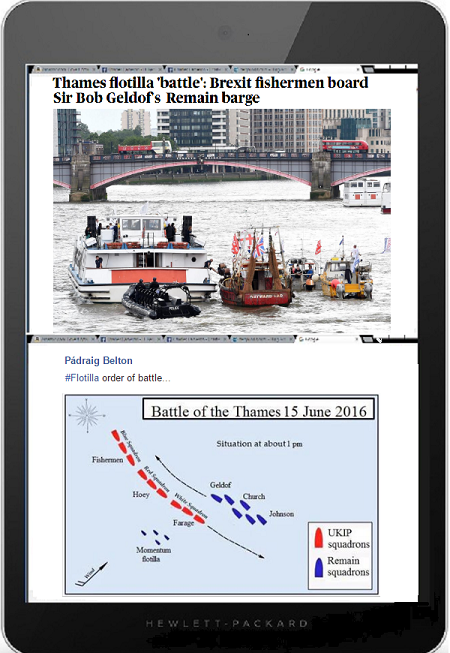[ by Charles Cameron — “Orlando Thoughts Towards a Better Taxonomy of Mass Violence” and “White Hate but Islamic Terror?” ]
.
Recommended readings:
Two pieces from the Lawfare blog offer us plenty to chew on regarding our categorization of violent acts, triggered by Orlando and Charleston, Thomas Mair and Dylann Roof.
Benjamin Wittes, Orlando Thoughts Towards a Better Taxonomy of Mass Violence:
I have been struck, however, by the range of people who have seen confirmation of their particular worldviews in this horrific event, some plausibly in my view, some not:
To the LGBT community, understandably enough, it’s about violence against gays.
For many Latinos, a salient fact is that the victims were overwhelmingly Latino, many of them Puerto Rican.
To those who believe our society is too heavily armed, this latest mass shooting proves they were right about gun availability.
For those who believe our society is insufficiently armed, this latest mass shooting proves they were right about more good guys needing guns.
For those who are anxious about foreign terrorism, the shooter’s claimed allegiance to ISIS places this on the long list of attacks and attempted attacks by ISIS and Al Qaeda and those they inspire.
To the Trumpists and others who don’t like Muslims, it’s all about Islam more generally.
To those who have a problem with immigration, well, the shooter is the child of immigrants from Afghanistan.
Apparently it’s also about the surveillance debate.
I even saw one tweet—the logic of which I admit I could not follow—blaming the incident on white supremacy.
I’m pretty sure that the shooter’s aim was not to validate anyone’s preexisting political stance.
and:
To be sure, sometimes legal path dependencies do arise out of our categories. Most importantly, the criminal laws on material support for terrorist groups don’t apply to domestic terrorist organizations, only designated foreign terrorist organizations. And the law presumptively treats as terrorism those crimes committed with bombs, but does not do the same with crimes committed by domestic individuals or groups with guns. (For an excellent explication of these points, see this piece by Jane Chong.)
But the more important impact of our taxonomical confusion, in my view, is intellectual, not legal: We just don’t know what to call an incident of (a) mass murder (b) by means of a gun (c) in which motive is unclear or mixed but involves clear elements of (d) bigotry, (e) mental illness, and (f) expressions of affiliation with a foreign terrorist group. And because we don’t know how to describe it, we also don’t know what aspects of it to prioritize in responding and preventing future such events.
One interesting question is why we care? It’s a crime; it’s a tragedy; it’s big. Why do we fight over what to call it?
There’s more, naturally, and I recommend the whole piece.
**
Wittes also links specifically to another, earlier Lawfare post..
Jane Chong, White Hate but Islamic Terror? Charleston, Hate Crimes and Terrorism Per Quod:
Netizens have taken particular interest in contrasting the immediate reaction to Charleston with the immediate reaction to the 2013 Boston Marathon bombings. Presumably these two attacks have emerged as fertile subjects for comparison partly because of the early dearth of evidence that either alleged perpetrator had official ties to or an operational role in a designated terrorist organization.
South Carolina Senator Lindsey Graham is among those who have been singled out for his disparate treatment of Charleston and Boston. Commenting on what the Charleston shooting might signify for his home state, Senator Graham described Roof as “one of these wacked out kids” and stated, “I don’t think it’s anything broader than that.”
This presents a sharp contrast with the views Graham espoused back in 2013 on the appropriate treatment of Dzhokhar Tsarnaev: “This man, in my view, should be designated as a potential enemy combatant and we should be allowed to question him for intelligence gathering purposes to find out about future attacks and terrorist organizations that may exist that he has knowledge of, and that evidence cannot be used against him in trial. That evidence is used to protect us as a nation.”
Judd Legum of Think Progress cited the Senator’s statements as a glaring example of our collective insistence on seeing violence motivated by Islamic extremism as a systemic threat while minimizing right-wing supremacist violence as the work of individual madmen. As Charles Kurzman and David Schanzer noted in a New York Times op-ed the day before the Charleston attack, such bias is particularly indefensible given the data: Attacks carried out by Muslim Americans account for 50 fatalities in the thirteen and a half years since 9/11, while plots by right-wing extremists have resulted in 254 fatalities between 9/11 and 2012.
The conflation of terrorism with Islamic extremism is an undeniable error. But distinguishing Boston and Charleston need not unequivocally boil down to bias of this particular kind.
Chong continues:
Consider President Obama’s reactions shortly after each attack—reactions that, if read in isolation, might seem to reflect this bias. On April 16, 2013, the day after the Boston bombings, President Obama delivered a speech in which he stated the following:
[G]iven what we now know about what took place, the FBI is investigating it as an act of terrorism. Any time bombs are used to target innocent civilians it is an act of terror. What we don’t yet know, however, is who carried out this attack, or why; whether it was planned and executed by a terrorist organization, foreign or domestic, or was the act of a malevolent individual. That’s what we don’t yet know.
Now contrast this with President Obama’s speech last Thursday, one day after the attacks in Charleston, which nowhere made mention of terrorism:
The FBI is now on the scene with local police, and more of the Bureau’s best are on the way to join them. The Attorney General has announced plans for the FBI to open a hate crime investigation. We understand that the suspect is in custody. And I’ll let the best of law enforcement do its work to make sure that justice is served.
Superficially speaking, there are at least two ways to read the administration’s initial decision to investigate one attack as a terrorist act and the other as a hate crime. A critic might contend that President Obama, like Senator Graham, appears to have untenably reserved the terrorist designation for Muslim extremists. Alternatively, we could take President Obama’s words at face value and recognize the weapon of choice as a critical factor in how a massacre tends to be classified when facts remain sparse and the evidence is still forthcoming. Those words again: “Any time bombs are used to target innocent civilians it is an act of terror.”
And so our inquiry evolves. Is Dylann Roof being widely portrayed as a hater and not a terrorist because, based on the available evidence, he is a white supremacist and not a Muslim extremist? Or is it because his weapon of choice was a gun and not a bomb?
Again, I’d encourage you to read the whole piece.
**
As an addendum, if you want some thoughtful consideration of Thomas Mair, the (alleged) killer of the British MP Jo Cox, you way want to read Barth’s Notes on the topic:
Richard Bartholomew, Some Notes on Claims about Thomas Mair







